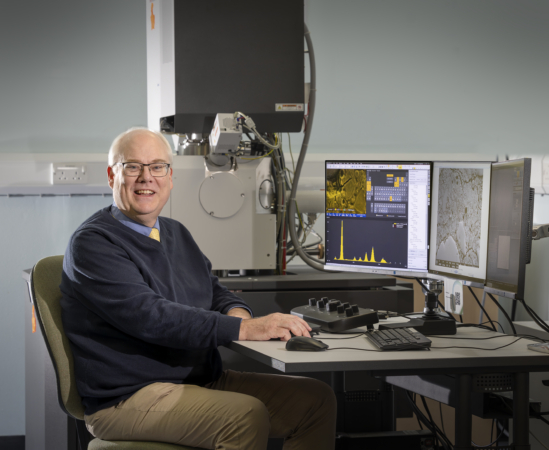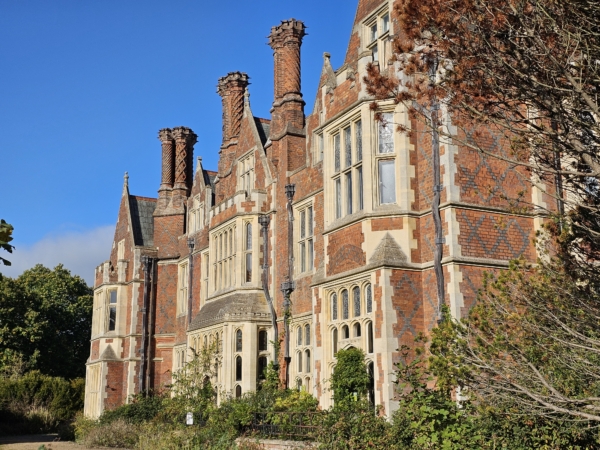AWE STEM Challenge
Year nine pupils from eight different schools competed to win the AWE Schools Engineering Challenge last week. To win, the pupils were tested by AWE graduates on their engineering prowess via a number of challenges.
The pupils had to create a hydroelectric generator, by designing and making a turbine, its housing unit, and the magnetic rotor plate. These sorts of challenges allow students to gain and develop skills which are inherent to STEM subjects while also helping them gain an understanding of real-world challenges and how these can be overcome.
Schools that competed included, Little Heath (Tilehurst, Reading), Costello Technical College (Basingstoke), St Bartholomew’s School ( Newbury), Hurst Community College (Baughurst), Park House School and Sports College (Newbury), Trinity School and Performing Arts College (Newbury), Testbourne Community School (Whitcurch) and Maiden Erlegh (Reading).
AWE Quality Graduate Sophie Harris said:
“This year’s Schools’ Engineering Challenge provided the pupils with a great opportunity to experience the application of STEM within a renewable energy theme.
During the event we challenged the eight teams to create a hydroelectric generator designed for efficiency, and the results were a large variation of fascinating innovative solutions. One school even based the design of their turbine on shark fins. The overall winners, Maiden Erlegh, impressed with their compact turbine design that minimised energy losses; they seemed to really grasp the science behind what they were doing.
It was fantastic to see the students solving complex problems together as teams and being both engaged and entertained by some hands-on Engineering.”
The overall winners who generated the largest amount of electricity were the team from Maiden Erlegh in Reading, Trinity School and Performing Arts College school won second place for peak voltage and The Hurst won best design.
Design and Technology teacher from Maiden Erlegh, John Nash, said: “It’s been a really good day, they’ve learnt a lot. The lesson they had before was about energy – they used it a lot in the challenge and it will really help them in their design and technology studies.”
Another teacher Ian Miller director of STEM learning at Park House school said “It was bang on syllabus and a great way to explain a concept that many students struggle with.”
The AWE graduate scheme is still open for applications and our 2019 apprenticeship scheme will be opening next month.



